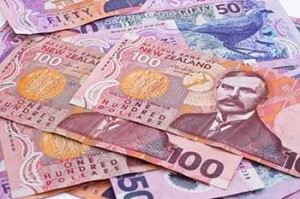 Today is the kind of day where the market is dominated by several political events which all have relatively minor effects, creating a mixed and uncertain whole. This means it probably isn’t going to be a good day for making trading profits – it certainly hasn’t been so far.
Today is the kind of day where the market is dominated by several political events which all have relatively minor effects, creating a mixed and uncertain whole. This means it probably isn’t going to be a good day for making trading profits – it certainly hasn’t been so far.
In Germany, yesterday’s general election secured another term for Chancellor Merkel, but her party and the main opposition party had their worst result in 70 years. For the first time, a party which sits outside the establishment consensus of the European Union will be represented in the German Parliament, the Alternative for Germany party. They are against more immigration and want to ditch the Euro, replacing it with the old national currency, the Deutschmark. The result so far has been a weaker Euro, although the sell-off and new low prices which have been made are hardly spectacular. It is unclear how Merkel will form a coalition, as the next largest party, the SPD, have announced they do not want to be a part of it. Alternative for Germany as the largest party after that will not be invited to join. This leaves the only majority possible to be constructed with a pro-business liberal party and the Greens, which are not natural soulmates, so it may be a little tricky unless the SPD changes its mind.

In Japan, Prime Minister Shinzo Abe announced that he intends to call an early general election. This hasn’t so far had much effect upon the Yen, but it is likely to trigger some announcements that will as we head toward the election date.
New Zealand held a general election yesterday, which produced an unclear result. The maverick “New Zealand First” party holds a clear balance of power, and both the major parties will be wooing. It is likely the kind of concessions which will be handed out as part of any coalition deal will not please the market. We have already seen the Kiwi sell off, by almost 1% today against a basket of currencies.

